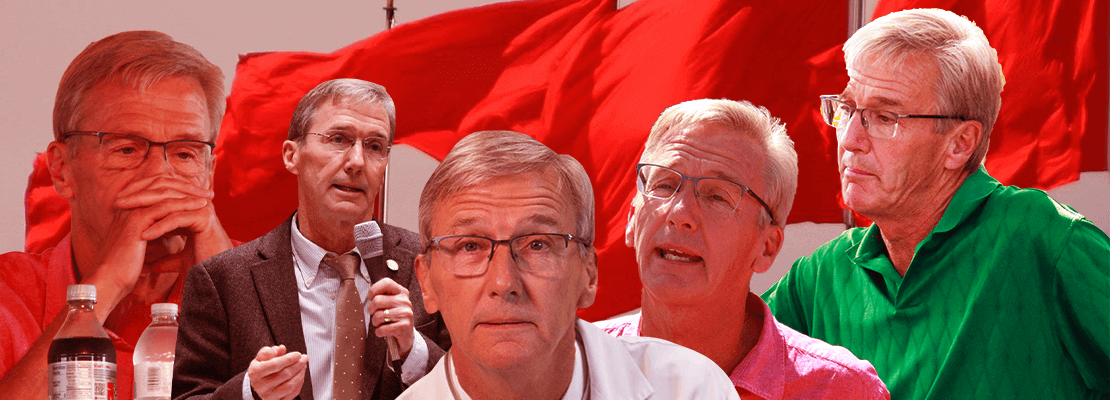Minnesota’s Moose in Danger Because of Climate Change.
BY:
We are participating in Blog Action Day 2009, this is the first of several posts on climate change issues we’ll be putting up here today…enjoy.

When people start talking about the early signs of climate change’s impact on our planet, they usually point to the ice caps. With recent reports predicting that the North Pole could experience an iceless summer within years and the big time ramifications of the ice caps melting, it’s completely understanable. But we here in Minnesota do not need to look so far outside of our own backyard to see the problems being created by global climate change.
I present to you the moose, Minnesota’s answer to Alaska’s polar bear. These huge and magnificent creatures are already starting to come under a great deal of pressure both directly and indirectly from rising global temperatures. Minnesota is also one of the few places in the U.S. where you can find a stable moose population, though we don’t have as many as Maine and Canada. From the Huffingtonpost:
Minnesota has an estimated 7,600 moose, nearly all in the forests of northeastern Minnesota, where plentiful swamps, lakes and streams provide good habitat. Yet they’re beleaguered by increasingly warm weather and parasites such as brainworms, ticks and liver flukes…
Warmer weather is considered one of the main reasons for the near-disappearance of moose from northwestern Minnesota, where their numbers have plunged from at least 4,000 in the early 1980s to fewer than 100. The advisory committee’s report warns that they may never recover to significant numbers.
Though infections and parasites (the brainworms, ticks, and liver flukes) come up as the cause of population decline, the driving factor for the deterioration of the moose population in Minnesota is climate change. Warmer weather equals more deer, which equals a faster spread of parasites that can kill the moose. With projections for temperature increases by 2050 to look like the image below (without action) the prognosis for the moose in Minnesota does not look good.

Protecting the moose population is one of the millions of reasons why action is urgently needed. Head over to to 350.org and check out some of the thousands of events happening on October 24th, a day packed full of calls for international climate action. Sign up for one or plan one of your own, and most importantly, spread the word.
JOIN US.
contribute to the conversation


